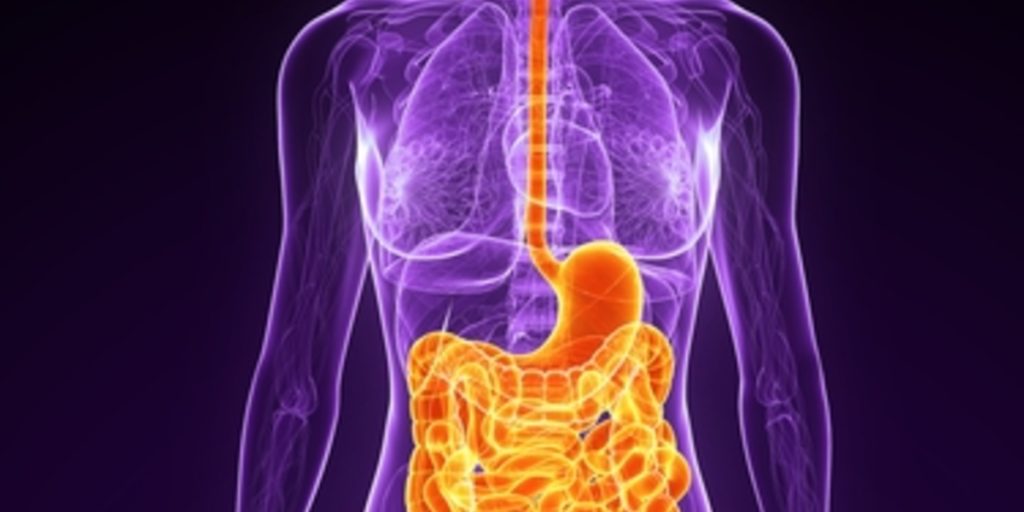Weight loss is a common symptom in Huntington’s disease, and one that remains unexplained. Now, by studying the digestive systems of HD mice – and paying close attention to their droppings – researchers have unearthed a clue to weight loss in HD.
Weight loss in HD
Weight loss is a familiar symptom of Huntington’s disease, as many patients and carers know. Mysteriously, the loss of body weight in Huntington’s disease sometimes begins even before obvious symptoms occur. Even more surprisingly, it can continue even in the face of a very large intake of food. Like the disease itself, weight loss in HD is worse in patients with very large mutations in the huntingtin gene – which suggests that understanding it might teach us more about how the disease happens.
A recent study from the group of Dr Åsa Petersen in Sweden, covered by HDBuzz, showed that effects of the huntingtin protein in a part of the brain called the ‘hypothalamus’ probably contribute to body weight changes in HD. But that’s unlikely to be the whole story – one of the mysteries of the huntingtin gene is that it is found in almost all the cells of your body. So, could it be directly effecting the process of digestion in some way, that contributes to weight loss?
The brain in your gut – the ‘enteric nervous system’
Neurons are cells that communicate using electrical and chemical signals. Generally, we think of neurons as being confined to the brain and other specialized areas like the eyes and ears. What many people don’t know is there are millions of neurons in the tissues of the digestive system – the stomach and intestines. These neurons have the job of monitoring food intake, and adjusting the digestive process to meet the body’s nutritional requirements. Sometimes called a ‘second brain’, scientists refer to this network of neurons as the ‘enteric nervous system’.
Previously, scientists have shown that the huntingtin protein can be found in the neurons in the gut. But what it’s doing there, and whether it causes changes in digestion when the huntingtin protein is mutated, has always been unclear. A group of European scientists, led by Dr Nils Wierup and Dr Maria Bjorkqvist at Lund University in Sweden, set out to try and understand this important problem.
Neurodegeneration in the gut?
One way neurons in the gut communicate is by releasing small pieces of protein called ‘peptides’. These peptides can send messages for a number of different situations, depending on their specific sequence. Some say “speed up digestion”, while others say “slow down”.
This communication allows the digestive process to be tailored to changes in food intake and nutritional needs. Neurons that signal with some of these peptides are actually missing in the gut of HD model mice.
So, the investigators looked at the structure of the digestive system in HD mice. The stomach and intestines are lined with cells that help digest food and absorb nutrients. They found that this layer of cells was thinner in HD model mice, which could cause serious problems for the nutrition of the mice.
Less in or more out?
The main job of the digestive system is to take in food, move it through the body while nutrients are absorbed and excrete the waste. That’s ‘eating’ and ‘pooping’, to the rest of us.
The time it takes for food that’s eaten to make it all the way through the digestive system is increased in HD model mice, which makes sense, given all the changes observed in the neurons and other cells.
But does this have an impact on the nutrition of the mice, or is it just a side effect of the mouse being sick? Because mice do all their eating and pooping in a cage, it’s possible to measure how much nutrition they’re getting from their food.
Sure enough, HD model mice excrete more of their food undigested than regular mice do. That means they’re getting less nutrition from the food into their bodies. And the mice that had less efficient digestion were the ones that lost more weight, suggesting a connection between the two problems.
Implications and mysteries
This study very nicely shows that HD model mice have problems with their gut that probably contribute to their weight loss. But the investigators haven’t yet established that this happens in people with Huntington’s disease. Looking in people will be very important to help understand the relevance of these findings. This is very much worth doing – thin people seem to have worse symptoms in HD, so improving nutrition might really help HD patients. This study lays the groundwork for more studies in human HD.







